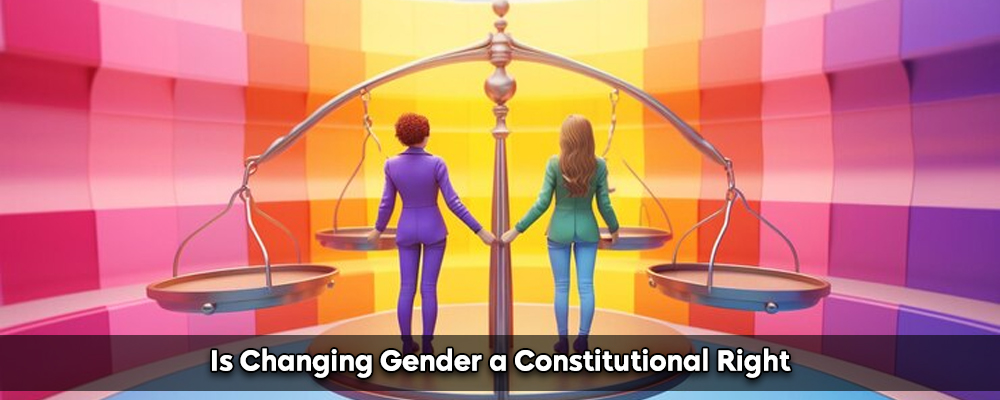All Indian people are guaranteed their fundamental human rights under several clauses in the 1950 Indian Constitution. Discrimination based on race, gender, and other considerations is prohibited from violating six fundamental rights. Persons may challenge these rights if they are infringed. There are provisions for fundamental rights in Part III of the Indian Constitution, sometimes known as the “Magna Carta” of the Indian Constitution.
The following traits of the Fundamental Rights protected by the Indian Constitution include
- Fundamental rights are guaranteed by and protected by the Indian Constitution.
- Based on adequate justification, the Parliament has the capacity and authority to impose temporary limits on basic rights. The judge will assess the reasonableness of the justifications used by the parliament to curtail basic rights. As a result, basic rights are neither unalienable nor sacred.
- The rights protected by Articles 20 and 21 will continue to apply even if Fundamental Rights are suspended due to a national emergency. In Indian territory, when there is military authority, fundamental rights may be restricted everywhere.
- According to the Indian Constitution, if a person’s basic rights are violated or curtailed, they can apply directly to the Supreme Court of India for redress. Thus, the basic rights are defensible in court.
Need A Legal Advice
The internet is not a lawyer and neither are you. Talk to a real lawyer about your legal issue

Fundamental Rights Importance
Fundamental rights underpin India’s secularism and democratic system. By fostering social justice and equality, they set up the conditions essential for someone’s bodily and moral safety. Additionally, they defend the rights of racial minorities and other socially excluded groups. Individual liberty is also protected by fundamental rights. By establishing the rule of law, these rights prevent the government’s power from growing unrestrained.
Case Law
In the case of Neha Singh vs. State Of U.P. And 2 Others, The Allahabad High Court ordered the State DGP (Director General of Police) to decide whether to grant a female constable’s request for permission to undergo sex reassignment surgery (SRS) because it is a “constitutionally recognized” right. The bench made these observations in response to a writ petition submitted by an unmarried female constable employed by the UP Police who claimed to have gender dysphoria and wanted to have sex reassignment surgery (SRS) to be finally recognized and characterized as a man with authentic male physical characteristics.
The Court emphasized that if a person has gender dysphoria and, aside from her physical structure, her feelings, and also the traits of the opposite sex to the extent that she completely misaligns her personality with her physical body, she does have a constitutionally recognized right to undergo surgical intervention to change her gender. In light of the above and finding no basis on the part of the Director General of Police to deny the petitioner’s application, the Court instructed the DGP to decide the petitioner’s pending application strictly by the judgments mentioned in the order.
The Court also determined that the requirements of Part III of the Constitution’s Articles 14, 15, 16, 19, and 21 also apply to transgender people. The terms “person,” “citizen,” and “sex” used in those publications are “gender neutral,” making it clear that they relate to humans. The Court concluded that gender identity is an essential component of sex and that no citizen, including those who identify as third gender, can be subjected to discrimination based on their gender identity.
The Court ultimately concluded that any form of sex or gender identity discrimination, including “exclusion,” “restriction,” or “preference,” as well as any other act in a society that has the effect of treating citizens who identify as a third gender unfairly, merits protection and emphasis on preserving their constitutional rights.
As long as democracy is upheld and everyone in India is assured the preservation of their fundamental rights, the fundamental rights provided by the Indian Constitution act as a guarantee. These civic freedoms have precedence over all other laws of the country. Fundamental rights are necessary for both the country and its people to fully progress.
Lead India provides internet information, free legal advice, and legal assistance. The best thing to do in this circumstance is to talk to a lawyer and ask a legal question.



